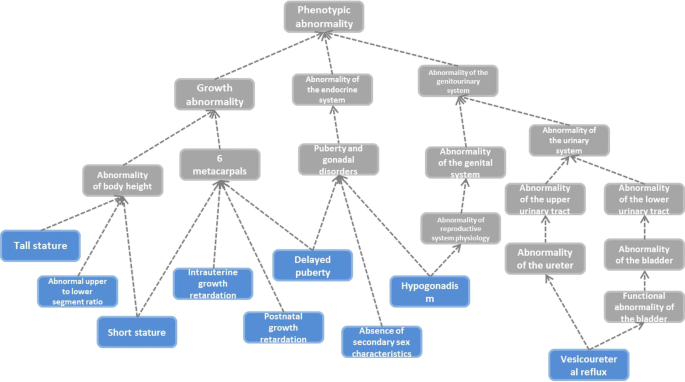The higher your bmi the higher your risk for certain diseases such as heart disease high blood pressure type 2 diabetes gallstones breathing problems and certain cancers. The good news is that losing a small amount of weight can reduce your chances of developing heart disease or a stroke.

Body Mass Index Obesity Paradox Decoded Being Overweight
Disease relation to body measurement. Bmi is an estimate of body fat and a good gauge of your risk for diseases that can occur with more body fat. Diseases and illnesses target all body systems such as the circulatory digestive reproductive endocrine neurological skeletal and muscular systems. Sources of diseases include genetics bacteria poor nutrition viruses parasites and fungi. It is calculated from your height and weight. Bmi does not measure body fat directly but bmi is moderately correlated with more direct measures of body fat 123. If you have fatty liver disease lowering your body weight to a healthy range may improve liver tests and reverse the disease to some extent.
But theres strong evidence that at any given bmi these health risks are markedly higher in some ethnic groups than others. Nash clinical research network the national institute of diabetes and digestive and kidney diseases funds the nash clinical research network which comprises eight clinical centers located throughout the united states and a coordinating center at the. Disease types include contagious noncontagious gender related and age related diseases. Losing even more weight has been shown to lower the risk even more. Its about a lifestyle that includes healthy eating regular physical activity and balancing the number of calories you consume with the number of calories your body uses. Waist circumference is considered a good estimate of your body fat especially your internal fat deposits and your likelihood of developing weight related disease.
The chance of developing diabetes heart disease and other weight related health risks increases with increasing body mass index bmi. The key to achieving and maintaining a healthy weight isnt about short term dietary changes. The relation between body mass index and prevalence of 17 chronic diseases or groups of diseases was analysed using data from the 1983 italian national health survey based on a sample of 72284 individuals aged 15 or over randomly selected within strata of geographical area size of place of residence and of household in order to be representative of the whole italian population. Furthermore bmi appears to be as strongly correlated with various metabolic and disease outcome as are these more direct measures of body fatness 456789. Health professionals often use bmi and waist circumference together to assess whether someone is overweight or obese and to assess their risk of cardiovascular disease and diabetes.


















